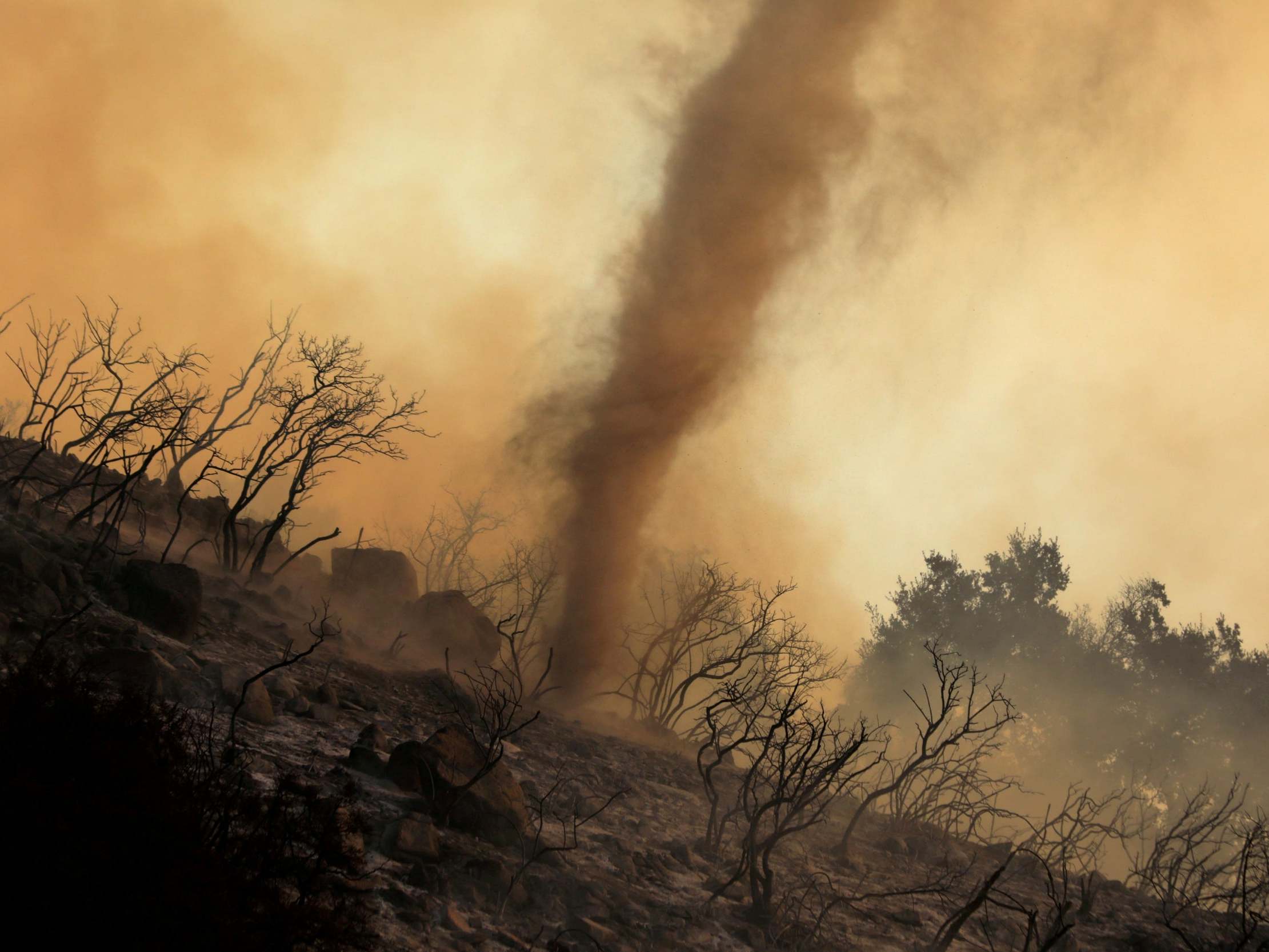Humans are a plague on Earth – but can we mend our ways?
Optimism and education are essential in the race to preserve what’s left of the natural world, writes Harry Cockburn


The glaciers are melting, the forests are burning, animals and plants are vanishing. Fossil fuel extraction is at an all-time high. The hills aren’t alive with the sound of music but are barren dead zones. Many scientists believe the Earth is already in the grip of a sixth mass extinction event – one driven by a plague of humans.
But the International Union for the Conservation of Nature (IUCN), which maintains its Red List, chronicling species judged to be at imminent risk of extinction, has published results it says provide a “spark of hope” amidst the mass exterminations of species.
Given the scale of the numerous environmental catastrophes currently unfolding, it is tempting to succumb to despondency and resignation over the crises ravaging the natural world, but this is neither constructive nor is it a fair assessment of the possibilities which still lie before us.
Though humans have proven time after time we are masters of annihilation, we are also beginning to build a small body of evidence demonstrating we can overcome this condition and work to enhance natural environments for the immediate benefit of other species.
The update to the Red List indicates 10 highly vulnerable species have experienced “genuine improvements” as a result of conservation efforts. These include eight birds and two fresh water fish species.
The IUCN’s acting director general, Dr Grethel Aguilar, said: “The stories behind the 10 genuine improvements prove that nature will recover if given half a chance.”
But she also noted that during the same time period there have been 73 “genuine species declines”, and said “this update reveals the ever-increasing impacts of human activities on wildlife”.
In order to improve the fate of the species on our planet, it is necessary to recognise the scale of the damage being done – which is no small demand.
There are now 112,432 animals and plants named on the IUCN Red List, of which 32,178 species are immediately threatened with extinction.
But this isn’t even the tip of the melting iceberg. The post-industrial explosion of human populations around the world is believed to have resulted in many thousands of species losing their habitats, with previous studies indicating as many as 50 per cent of all individual animals on Earth have been eradicated in recent decades.
As the impact of climate change becomes more pronounced, the situation will worsen.
However, the path to a major improvement in our species’ relationship with the natural world is still open, and there has been an unprecedented surge in demand for taking such action.
Movements like Extinction Rebellion and the school strikes indicate vast numbers of people are recognising the problems and are ready to help.
Some measures can be taken rapidly. Writing in the Financial Times earlier this year, Edward Davey of the World Resources Institute, identified solutions to the raft of environmental issues we are facing.
These include making a rapid transition to renewable energy, introducing circular economies, abandoning fossil fuels entirely, protecting and restoring the world’s rainforests and other critical ecosystems, improving management of soil, the ocean and freshwater supplies, and engineering more efficient, cleaner cities.
He suggests a “global Marshall Plan”, on a similar scale as the post-WWII plan for rebuilding Europe, to implement these policies.
But this would ultimately depend on sacrifices being made by many of the world’s richest people and organisations, as well as global political leadership with real vision for the future.
Right now we know what we need to do. How much longer are we going to fail to do it?
Join our commenting forum
Join thought-provoking conversations, follow other Independent readers and see their replies
Comments
Bookmark popover
Removed from bookmarks